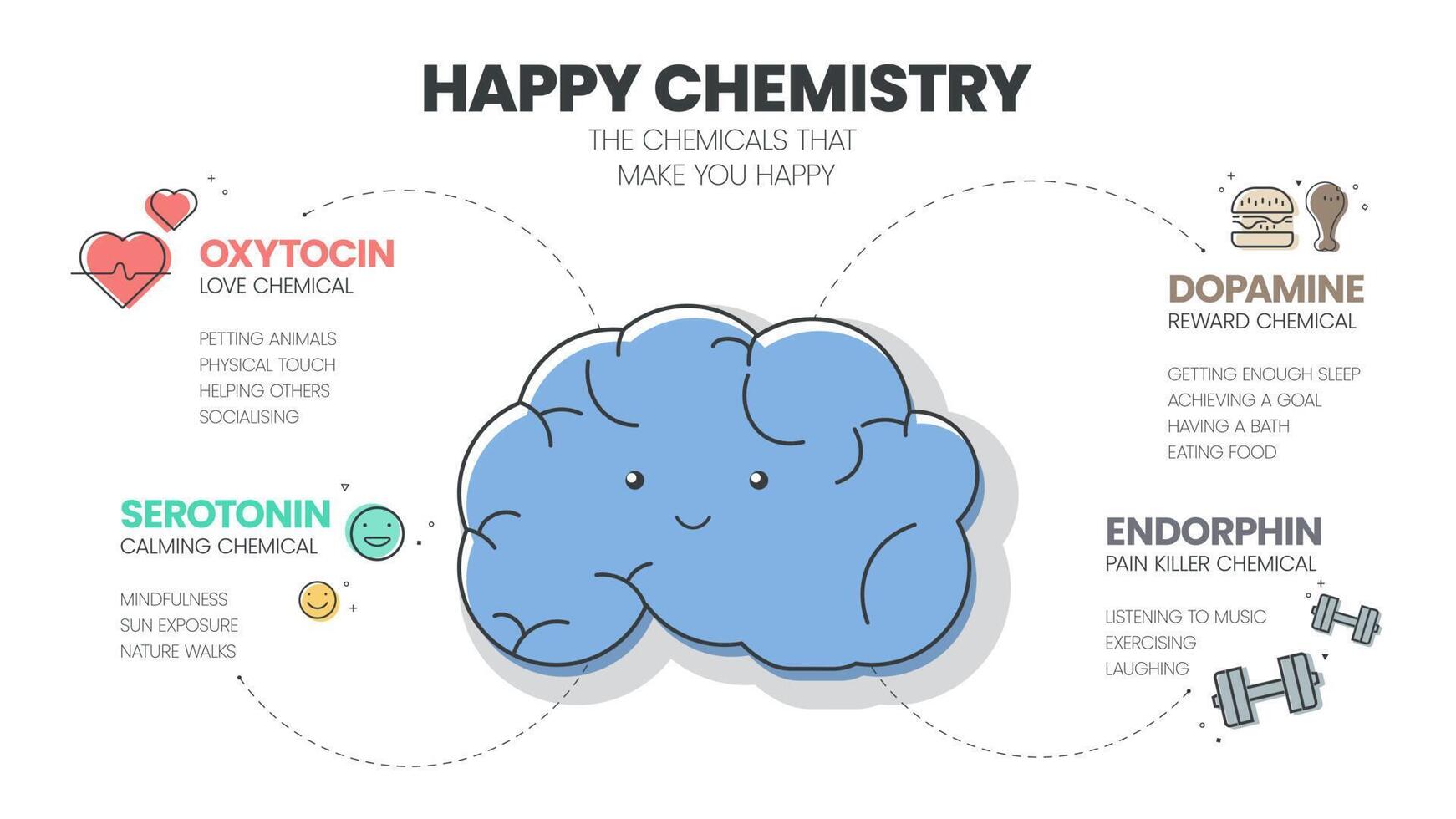Oxytocin: The Love Hormone and Its Powerful Impact on Well-being
@jorgebscomm for @empowervmedia*
Have you ever felt a surge of warmth and affection after spending time with someone, sharing a laugh with friends, or witnessing an act of kindness? These positive emotions might be attributed, in part, to a powerful hormone called oxytocin. Often referred to as the "love hormone," oxytocin plays a crucial role in social bonding, trust, and emotional well-being. This article delves into the fascinating world of this hormone, its diverse functions in the body, and how it influences our social interactions, relationships, and overall sense of well-being.
 |
| Oxytocin is often referred to as the "love hormone. (📷 pressbooks) |
The Science of Oxytocin
Oxytocin is a neuropeptide, a small protein molecule produced in the hypothalamus, a region of the brain involved in regulating emotions and social behaviours. It's also synthesised in the paraventricular nucleus and the supraoptic nucleus within the hypothalamus. Once produced, oxytocin travels through the bloodstream to various parts of the body, including the brain, where it exerts its influence.
Research suggests oxytocin has a two-pronged approach:
• Neuronal Communication: It acts as a neurotransmitter, sending signals between brain cells, particularly in areas related to reward, social interaction, and emotional processing.
• Hormonal Action: It acts as a hormone released into the bloodstream, influencing peripheral organs like the uterus and mammary glands.
 |
| The Chemicals That Make You Happy (📷 vecteezy) |
The Diverse Functions of Oxytocin
Oxytocin's impact goes beyond just feelings of love and affection. It's a multifaceted hormone with a wide range of functions, including:
• Social Bonding and Trust: Oxytocin plays a critical role in fostering social connections. It promotes feelings of trust, empathy, and cooperation, making us more receptive to interacting with others. Studies have shown that oxytocin levels increase during positive social interactions, such as physical touch, eye contact, and laughter.
• Love and Attachment: Oxytocin is often associated with romantic love, but its influence extends beyond romantic relationships. It contributes to feelings of attachment in parent-child bonding, strengthening the emotional connection between caregivers and infants.
• Stress Reduction and Anxiety Relief: Research suggests oxytocin can act as a natural stress reliever. It has calming effects, lowering anxiety levels and promoting feelings of relaxation. Studies have shown that oxytocin administration can be beneficial for people with social anxiety disorder.
• Pain Management: Oxytocin exhibits analgesic properties, meaning it can help reduce pain perception. This is particularly relevant during childbirth, where oxytocin plays a role in contractions and may also contribute to the maternal bonding experience.
• Sexual Function and Reproduction: Oxytocin is crucial for both male and female sexual function. It facilitates arousal, orgasm, and plays a role in uterine contractions during childbirth. In women, oxytocin also stimulates milk production after delivery.
Boosting Oxytocin for Greater Well-being
While oxytocin is naturally produced in the body, there are ways to potentially enhance its production and experience its positive effects more frequently. Here are some practical strategies:
Physical Touch and Affection: Engaging in physical touch, such as hugging, cuddling, or holding hands, can stimulate oxytocin release. This applies to all types of relationships, not just romantic partnerships.
Positive Social Interactions: Spending quality time with close ones, engaging in meaningful conversations, and fostering positive social connections can all contribute to increased oxytocin levels.
Acts of Kindness and Generosity: Performing acts of kindness and generosity towards others can trigger the release of oxytocin, promoting feelings of reward and well-being in both the giver and receiver.
Mindfulness and Meditation: Practicing mindfulness and meditation techniques can help regulate emotions and create a sense of calm, potentially influencing oxytocin production.
Pet Ownership: Studies suggest that interacting with pets, particularly dogs, can increase oxytocin levels in both humans and animals.
 |
| Interacting with dogs can raise oxytocin levels. (📷 jlcatj) |
Oxytocin is a fascinating and powerful hormone that significantly impacts our well-being. Whether it's spending quality time with people you care about, engaging in acts of kindness, or simply enjoying the company of a furry friend, nurturing oxytocin can create a ripple effect of positivity in all aspects of our lives.
*AI assisted


